
16 Questions Muslim Americans Are Really Tired of Hearing
16 Questions Muslim Americans Are Really Tired of Hearing
 16 Questions Muslim Americans Are Really Tired of Hearing Image Credit: Getty
16 Questions Muslim Americans Are Really Tired of Hearing Image Credit: GettyMuslim Americans are the most racially diverse group in the United States. Fiercely patriotic, they believe firmly in being contributing members of the fabric of this nation.
Yet Muslim Americans are frequently cast in the role of the foreigner by questions that infringe on personal, communal and national beliefs. Strangers, co-workers, professors or the too-friendly neighbor usually ask these questions, which inadvertent or not, all play into the idea that Muslim Americans are in some way "other." Often, such questions are uncomfortable, but are nevertheless asked in a way intended to prompt a response.
Belowis a list of some of the most frequently asked questions, along with responses that befit the probing. Just as it's rude to ask your older female friend her age, these are all queries that should give the questioner pause.
1. "So you’re not white, you’re Muslim?"
:strip_icc(1)/s3.amazonaws.com%2Fpolicymic-images%2F6d29ee42690d6308db9347a5ec864d7bc35342039c41a4e15de4665c789a38ab.jpg) Via: Getty Images
Via: Getty ImagesThis question isn't actually asking whether you can be white and Muslim, it's attaching an ethnicity to a religious identity almost 8 million Americans adhere to. It's more than possible to be both "white" — in whatever way that ethnicity, skin tone or culture exhibits itself — and Muslim, and 28% of Muslim Americans identify as such.
Furthermore, there are a growing number of Americans converting to the religion, which the Pew Forum on Religion and Public Life estimates to be at 20% of the Muslim American population.
2. "Where do you come from? No, where do you actually come from?"
This question is usually asked by staring strangers or overly nosey store clerks. Rooted in curiosity, responses of "Boston, Massachusetts" or "New York" are usually not enough. Suddenly, the questioner is not satisfied with the fact that this person, deemed foreign by the questioner, could ever possibly be American.
Be warned, however, flipping the question back on the asker is bound to prompt an offended face and an "America, of course" sort of answer. Cultural heritage does not trump personal belief of origin.
3. "Did you have to convert to get married?"
The revival of this stereotype — that domineering boyfriends or spouses force conversions — is in many ways tied to the Boston Marathon bombings. Unfortunately, such stereotyping "reduces women to creatures who cannot think for themselves," American convert Malika MacDonald Rushdan explained to theHuffington Post, a harmful perception of a reality in which the women — or men — made the decision totake the faith for themselves.
4. "Do you have to wear that on your head when you are in the shower?"
:strip_icc(1)/s3.amazonaws.com%2Fpolicymic-images%2F1cade73eb03ab8b220a12f887d3bd086fc2bcf19aff314ccc501f400ec858ce0.jpg) Via: Getty
Via: GettyNope. Along with this question, women that wear the hijab are asked whether they are leukemia patients, if they have any hair under "that," if it gets hot in the summer and if they're a nun. Women who wear the hijab don't, in fact, have to wear it while in the shower, as they typically only don it while outside of the home and in front of men who are not related to them.
Frankly, this question barely warrants a response because it denotes that women who wear the hijab seemingly have one-dimensional lives in which their only identity is that in a head scarf, which is never the case.
5. "Why aren't you wearing the hijab?"
For starters because wearing a hijab is a choice that Muslim American women make — and live with — throughout their lives. It is a choice that some choose to don publicly, others spiritually and still others define it for themselves. While head coverings are typically construed in popular media as a tool of oppression, the choice to wear (or not to wear) is firmly and religiously rooted in the hands of the woman in question.
Just as the scarf does not denote religiosity, so does the lack thereof not denote a lacking faith. Women who choose not to wear the scarf are doing so for a plethora of unique reasons, just like women who choose to wear the scarf.
6. "But you're so beautiful, why cover your hair with that thing?"
This question is problematic and comes from the angle of the savior, someone who thinks he or she may be able to "save" the Muslim American woman in question from what was and is ultimately her choice. The glorification of women who choose to "free" themselves from the scarf can perpetuate this question, a question that nobody has the right to ask of a woman in hijab.
Just as the decision to show bra straps beneath a woman's top is her own business, so, too, is the right to wear a scarf, no matter what the media, society or individuals judge about those choices.
7. "Would you choose country or religion if it came down to it?"
:strip_icc(1)/s3.amazonaws.com%2Fpolicymic-images%2Fbe470b8f9abf6f9aa430b19d9ba8d88d8d31b4eb386053154e7fd474c66c17a3.jpg) Via: Getty
Via: GettyThis question poses a unique problem, but it is also one not typically asked of those in more publicly accepted Judeo-Christian faiths. It's important to remember that America was built upon a pluralistic belief and solid understanding of religious freedom pushed in part by Founding Father Thomas Jefferson, who believed that Muslim Americans should have the right to hold office and be citizens of the new America, and who also owned a Quran.
Meanwhile, a Gallup poll notes that Muslim Americans declare themselves loyal to the U.S. and feel more politically enfranchised, "even though they are more likely than other religious groups to say they recently experienced discrimination." Furthermore, about two-thirds of Muslim Americans said they personally identified with the United States strongly, which is similar to how strongly they viewed their personal faith. Given that part of the Muslism tradition encourages adherents to be active, engaged citizens in their local communities, there is no real choice to be had.
8. "Do you speak Muslim?"
The first time I heard someone refer to Muslim as a language I was confused, to say the least. Not one of the 8 million Muslim Americans — not to mention close to 1.6 billion Muslims worldwide speak this mystical language — found only in the minds of the very ignorant.
Furthermore, the idea that the majority of Muslims Americans speak Arabic is equally wrong-headed. The most spoken language for Muslim Americans is English. End of story.
9. "So like, can you eat pork ever? Even if it's an emergency?"
Newsflash: Other monotheistic traditions, including Christianity, prohibited the consumption of pork at one point, although that has changed with time. Pork is prohibited in the Quran because of the uncleanliness of the flesh, and it is a belief so drilled into Muslim children growing up that it is difficult at times for even those Muslim Americans who consider themselves secular to actually consume the meat.
Since there are so many other possible options for meat consumption, Muslim Americans generally don't even feel tempted to try pork, especially since it's just as easy to get a beef sausage or jerky as it is to get the pork versions.
10. "Why does your religion hate women?"
:strip_icc(1)/s3.amazonaws.com%2Fpolicymic-images%2F84c4c56e8b699b08916c3c60550b7afc04fcd934e3727f9da48ad9a302943052.jpg) Via: Getty
Via: GettyActually, Islam doesn't hate women. You know what does? Societal stereotypes.
In fact, Islam came with a message revolutionary for its time, bringing an end to female infanticide and claiming equality of the sexes in stature and worship. It gave women the right to vote centuries before countries in Europe and across the world caught up, and pushed women to seek their due rights in society. Nowadays, the manner in which women are treated in countries like Saudi Arabia and Iran reflect not the faith’'s shortcomings, but the shortcomings of Muslim men in those nations. Given that there are 49 predominantly Muslim nations in the world and a small number of them have enforced patriarchal laws, there's a good chance the laws reflect only the culture, not the faith.
Interestingly, the United States comes in 84th place in a global ranking of women elected to government cabinet positions. It comes after Muslim-majority nations like Afghanistan, Pakistan, Bangladesh, Iraq, Sudan and Saudi Arabia.
11. "What's your opinion on 9/11?"
This is definitely a fan favorite for people, organizations and, unfortunately, your neighborhood bigot. Although the question can change according to the latest crime or incident in which individuals identified as Muslims have been pointed to as the perpetrators, the follow-up is generally something along the lines of, "We haven't seen anything denouncing so-and-so incident by you people," or "Where are all the moderate Muslims?"
Muslim Americans speak out every time there is an attack, crime or instance of terror, but these voices are rarely heard in the general online cacophony that predictably follows such reprehensible violence.
In short, Muslim Americans — and Muslims around the world — are against 9/11, as they are against all acts of violence in the name of Islam and stand with those affected by the attackers. A crime against anyone is a crime against humanity. Point blank.
12. "You're Muslim? Do you know [random Muslim person]?"
This is a pretty easy question to answer: No.
No, I don't know so-and-so that you met in the second grade 15 years ago and never saw again. No, I don't know your boss at the clinic down the street, and just because the Halal Guys streetcart vendor says "hi" to me does not mean that I know him, although he may want to get to know me. There are over 8 million Muslims in America, and we do not have a secret infrastructure of communication, although Islamophobes like to think that we do.
13. "Are you a terrorist?"
:strip_icc(1)/s3.amazonaws.com%2Fpolicymic-images%2F497fd71a5b2923594c596e5d3511bfc8f80505e110f2d1dc8b7c5aa6f3551c09.jpg) Via: Getty
Via: GettyCharles Kurzman, the author of a report for the Triangle Center on Terrorism and Homeland Security, called terrorism by Muslim Americans "a minuscule threat to public safety." Multiple congressional hearings continue to be held about the so-called "homegrown" Muslim radicalization, yet studies indicate that the number of actual crimes have been dropping for the third straight year.
Perhaps these inquisitive CIA wannabes should instead spend some more time scrutinizing white supremacists, a group that for years has portrayed themselves as "patriots," but which the FBI has recognized as one of the greatest threats to our nation. These individuals and groups are fractured into a number of religious and political ideologies, and target minorities, the federal government, and in some instances, each other.
14. "Will you get to choose your husband?"
The marriage and relationship landscape for Muslim Americans varies drastically across the board, a phenomenon that can be glimpsed at through the plethora of stories shared on the popular website Love, Inshallah. Muslims American women do get to choose who they want to marry — although they can also choose to consider a prospective suitor recommended by their parents, just as one might have parents set up a blind date.
Although there are cultural traditions of parents forcing daughters to marry of their choosing, this has no basis in the faith, and is, in fact, prohibited in the religion. Yes, Muslim American women will be able to choose their husband, and do so freely.
15. How can you be a feminist and a Muslim?"
It's quite easy, actually. Muslim Americans believe in the equality and rights of both genders, so it only takes a stretch of the imagination and one step forward to publicly declare oneself as a Muslim feminist.
While many mainstream feminists attempt to "save" Muslim women from themselves, it is a blatant disregard for the choices, autonomy and proposed reality that mainstream feminists say they stand for.#LifeOfAMuslimFeminist, which trended on Twitter, produced brutally honest responses from Muslim American feminists, who spoke about their own experiences in the movement.
16. "Like OMG you can't even drink water? How about gum? OK, what about a quick snack?"
:strip_icc(1)/s3.amazonaws.com%2Fpolicymic-images%2F9c3b02944af0559cdfc4db4698456f85cbab99394273c3a906ac73709414b475.jpg) Via: Getty
Via: GettyRamadan is currently underway, and that means that for a month, Muslim Americans — and Muslims worldwide — will be abstaining from food and drink during daylight. The longest that Muslim Americans will have to fast happens in Juneau, Alaska, where the fast lasts 19 hours, 51 minutes. The month of Ramadan moves 10 days every year, so the length of days next year will change from the current year, as it runs on the lunar calendar.
Studies on the effects of fasting have shown positive effects and prove to be beneficial. And although Muslim Americans were integral in trending #RamadanProblems, it is still disrespectful to attempt to push a person to amend their decision to fast — whether you are Muslim or not. It's like pushing someone to suspend their diet for no other reason than because you believe you know better. Newsflash: You probably don't.
by Laila ALAWA
mic.com
Bu haber toplam 17681 defa okunmuştur




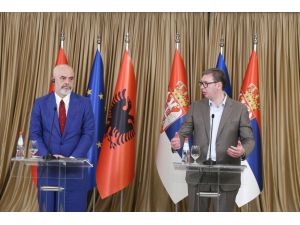
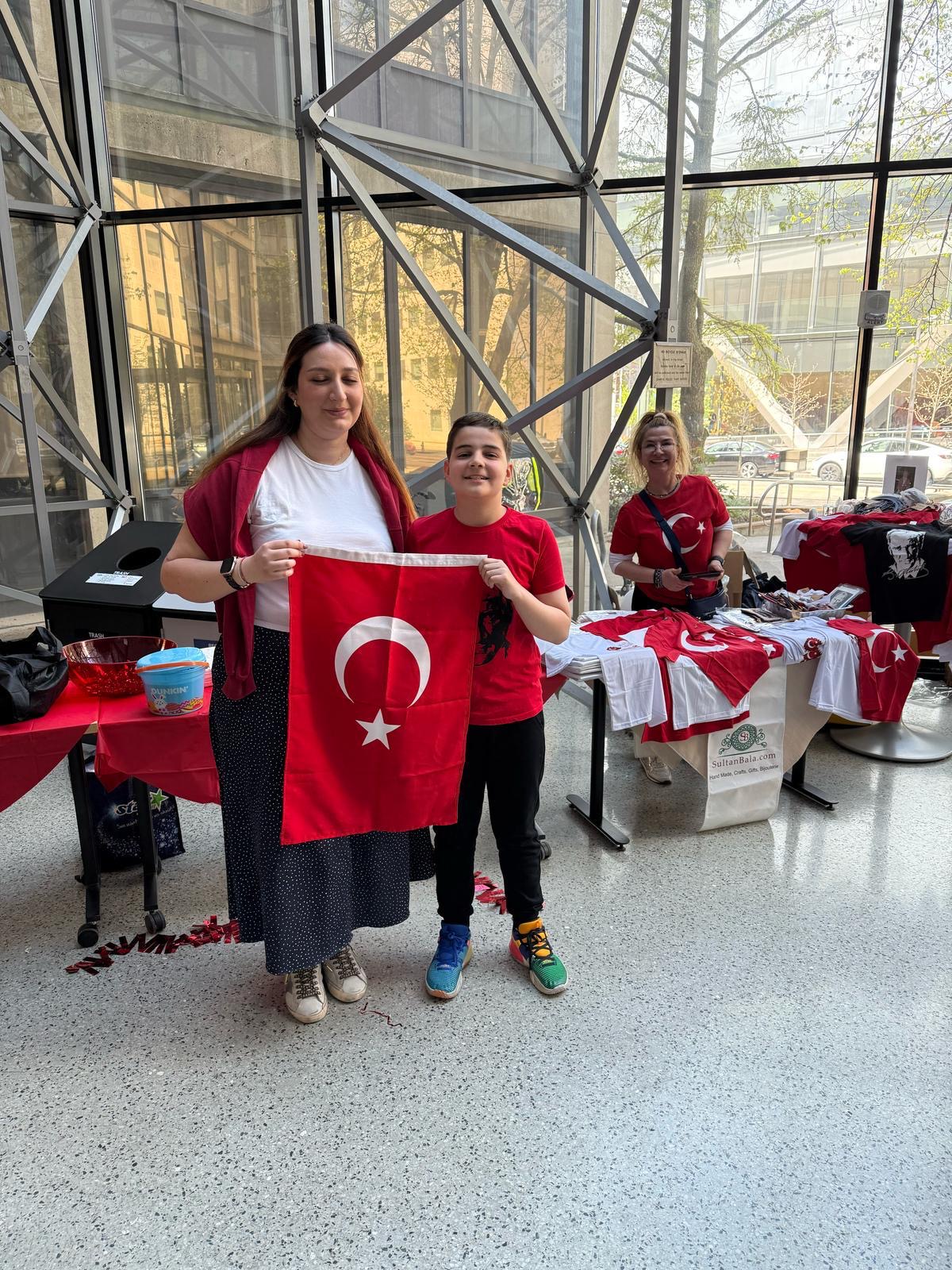
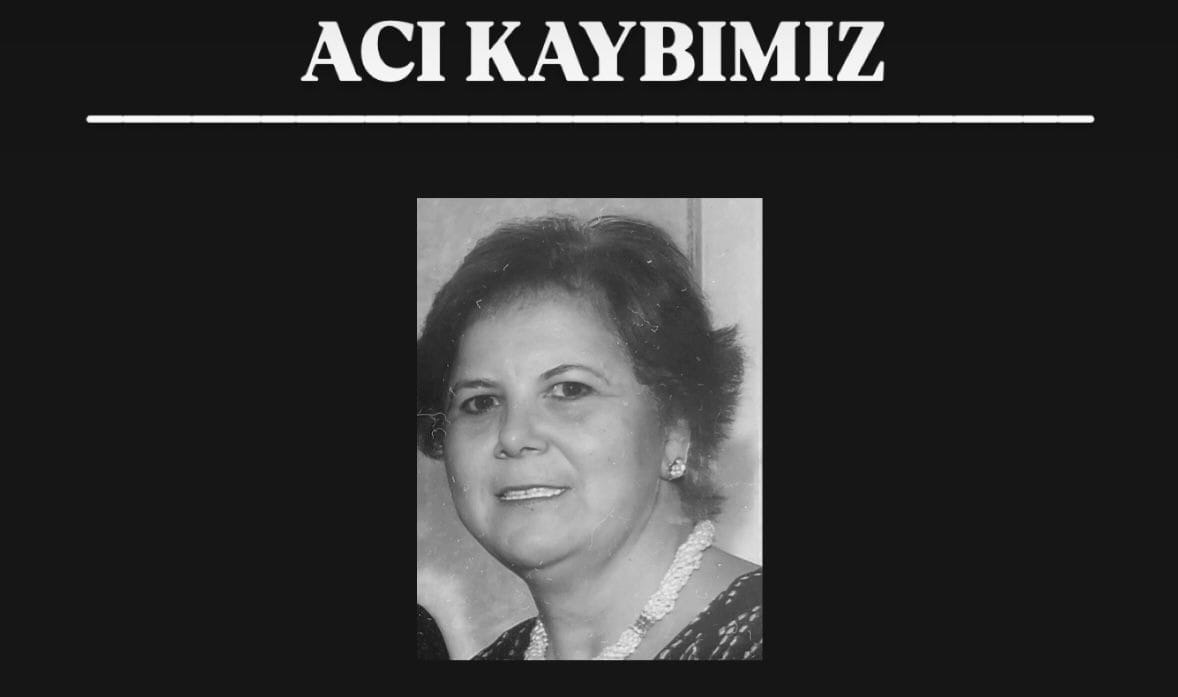

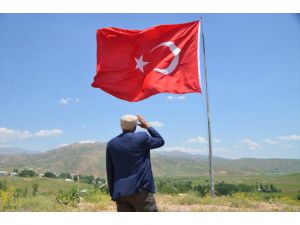



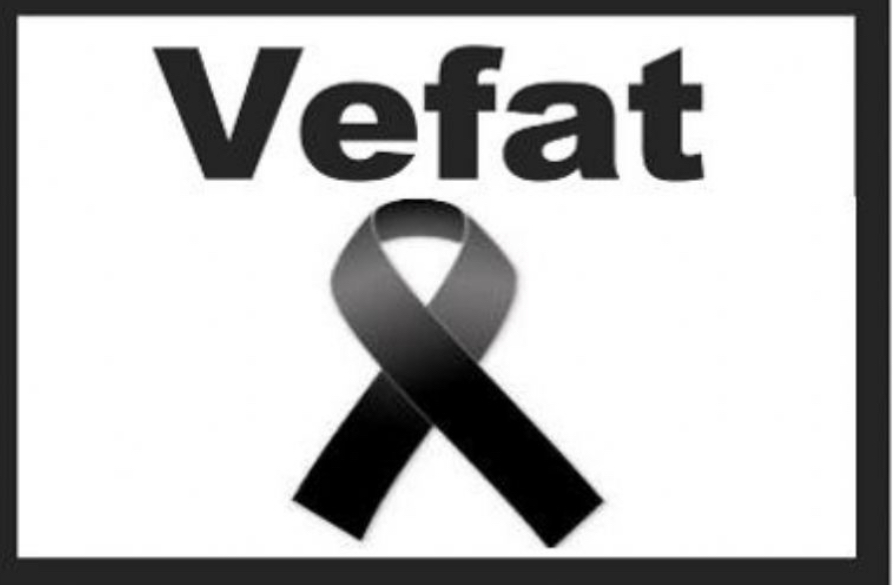
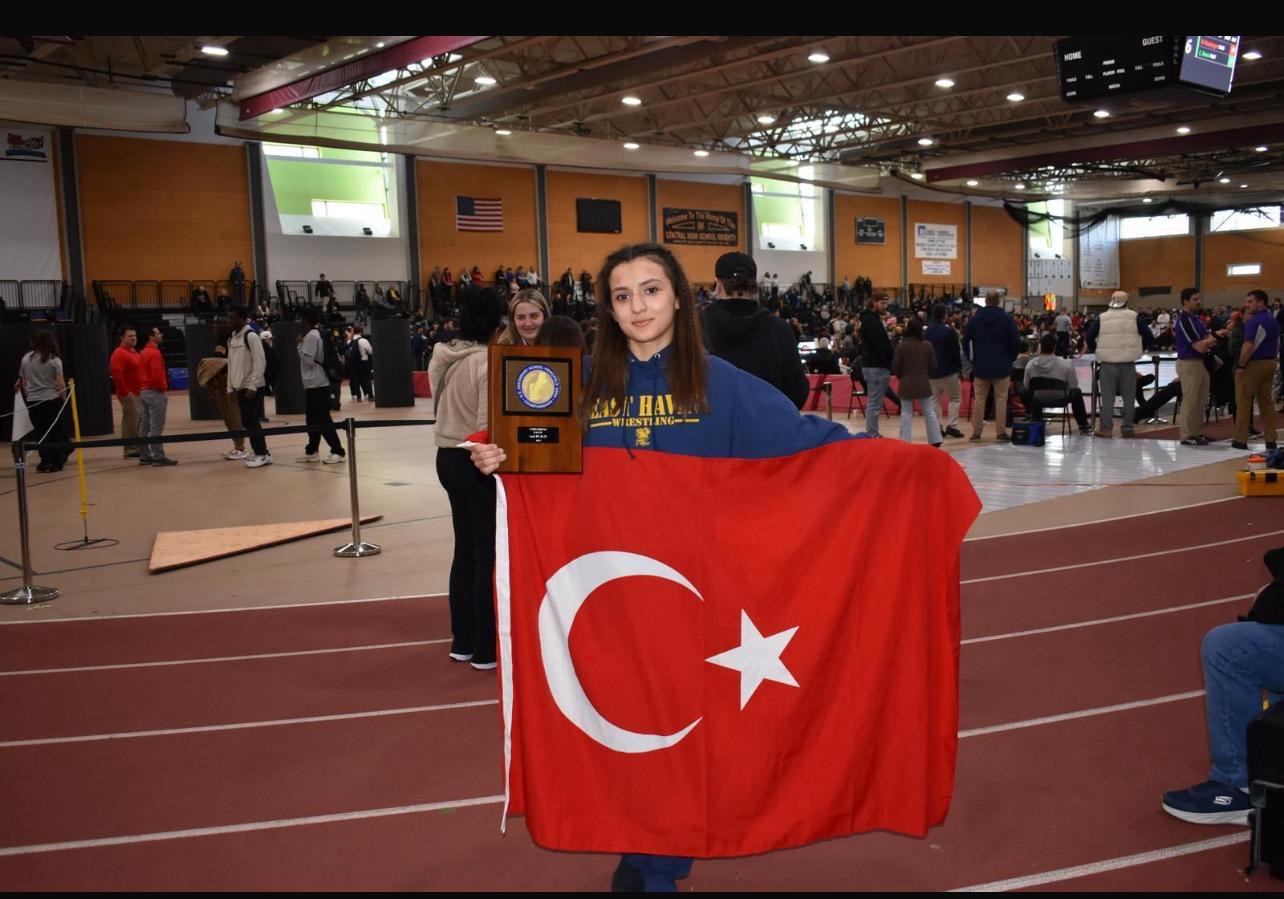
Türkçe karakter kullanılmayan ve büyük harflerle yazılmış yorumlar onaylanmamaktadır.